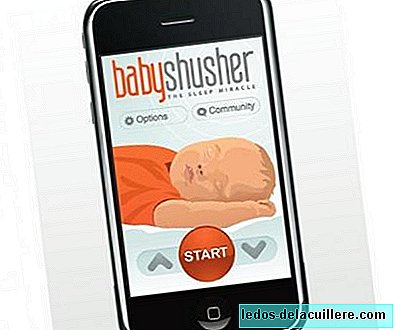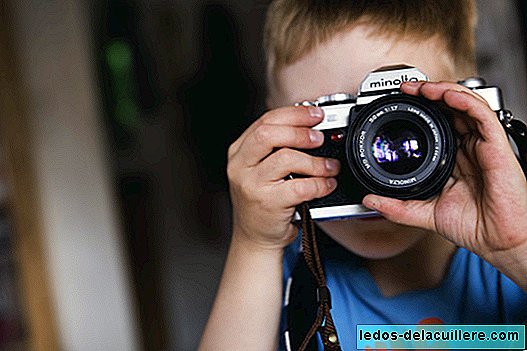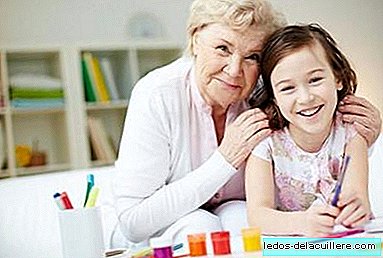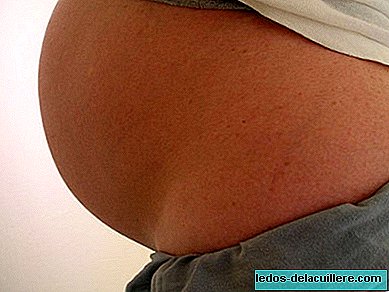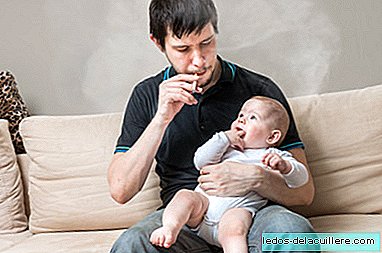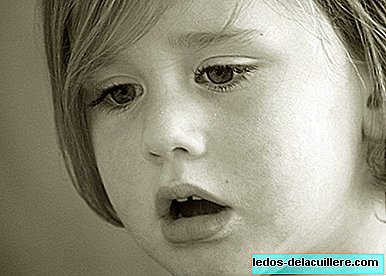We are only two days before Santa Claus arrives at the homes of millions of children and a couple of weeks after the Magi arrive, and the children live, consequently, the "magic" of Christmas. They are two traditions deeply rooted in our country and it is common for children to grow up believing in all of this, until an age comes when they discover it by themselves or parents choose to reveal the truth: How and when to tell the children the truth about Santa Claus and the Magi?
The best age according to psychologists
Experts say that children are able to think abstractly after 7 years, and that therefore the age at which they can better understand that Santa Claus and the Kings are not real round 7 to 11 years old, which is really when most discover or find out from their parents.
Never?
In contrast, there are those who, like me as a child, would have preferred that they will never tell me. At least for how I took it. It was the Christmas of '89 and I was already 10 years old. Ten years! The 10 years of then are not the 10 years of now, and I was also a very introverted child who came to hallucinate so much with Christmas, to internalize it in such a way, that I denied all possible evidence that everything was an invention and I reached that age convinced that Santa Claus and the Magi existed (for this and other things my wife suffers when they try to "sell" me something, because she thinks I will say yes, or even that one day I will end up absorbed by some sect).
The fact is that with my ten years, and talking with my grandparents to explain with all my enthusiasm what the Kings had brought me, my parents considered that the thing had already gone too far and they took me aside to explain that everything was an illusion that they had always created and that since I was very old they were afraid that the children would laugh at me for continuing to believe in it. As they say in Faros, the digital magazine of the Hospital Sant Joan de Déu:
So far, no psychological study has indicated that children suffer sequels or resent their parents, for having hidden the truth for so long.
Well, that day, at that time, I just wanted to take the gifts and put them in for ... well, I better not say it. I got very angryI felt cheated, but I didn't say anything either because they had just given me several things that made me very excited. I said nothing, but I was frozen, expressionless, and they hugged me, and tried to explain it to me in another way, with more hugs, but I no longer heard anything. My mind stayed there, in that instant, petrified, and I remember the moment, but I don't know what happened the rest of the day. I probably played with less enthusiasm than ever. And all for the deception, for feel cheated, for having created castles in my imagination and then knocking them down.
So if by then you told me when is the best time, I would say: "Never"But then I would have arrived, who knows, at 11 and 12 years old, I would have learned I don't know how, and maybe I would have been more upset by a hoax of such a long time, or less, for being older, namely. Come on, I understand you now, but by then I hated them, and a lot.
There is no better age
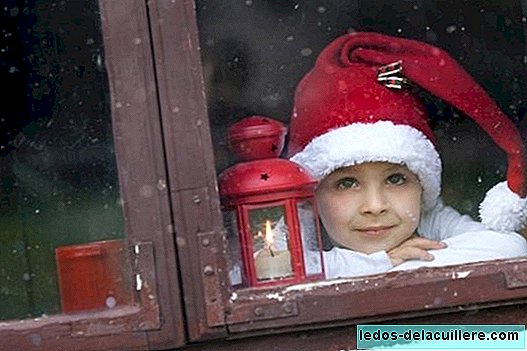
That is why I am clear that you cannot say when it is the best age. I might have missed one more year of cooking, despite my 10 years, and my little brother, for example, found out at age 7 and was no major problem. I have to say, too, that with 7 years I gave a notice to my mother because a child told me the truth: "Mom, today a child has told me that kings are parents, is it true?" and she assured me that the boy had lied to me. This made me reaffirm my conviction in them and, obviously, increase my subsequent anger.
Let's say, then, that it is advisable not to mark an age on the calendar, but to create magic, fantasy, tradition, and wait for your child to give you signs or clues. There are parents who, at 6-7 years old, tell their children so that they do not find out from other children and, unwittingly, turn their children into "those children who tell the truth to others." Therefore, it is better not to discover it in a shocking way, when they suspect nothing, counteracting their beliefs abruptly so that they want to reveal the secret to other children, but to let it happen little by little:
- If one day he asks you why he heard something, don't lie to him, don't tell him it's a lie. Ask him what he believes, and so you will know how far his suspicions go.
- If you see that it is very clear, do not turn it over, you clarify that it is a tradition, which is done to show children that there are good people who enjoy making others happy without asking for anything in return and you explain how Christmas can be from that moment (if there are younger children keeping the secret, also making gifts for others, preparing everything if you want, etc.).
- If you see that it is not very clear ("Mom, I think it is impossible for them to do magic and reach all the houses in the world"), you can still play with the tradition explaining that sometimes there are helpers They make it possible, and sometimes even ask parents for help to help them out.
- If you get angry, accept your opinion and your feeling, don't deny it, and allow him to express himself and ask, and you explain that the last thing you wanted was to lie to him and make him angry, and that everything responds to a game, a legend, a tradition that is made with children so that they understand the time as of love, of happiness, of giving in exchange for nothing, and you have enjoyed making him happy every year.
I've never lied to you
I don't know if it was the best option, or if we could have done it differently, but In my house we decided to never have to tell them the truth, never telling them the lie. We celebrate Santa Claus and leave them gifts as if he were the big man with reindeer, just like we celebrated the Kings, but we do not exaggerate the movie or hide when buying things (if we do it to be a surprise), neither create more legend nor Magic around the characters. Therefore Aran (the medium one) knows from the age of 4 who gives them things and Jon (the eldest) I guess from a similar age. Guim is three years old and honestly, I still don't know what he believes. But of this I speak to you tomorrow, in case you want to keep your opinions about it (good and bad, that I accept them all as long as they are done with respect).
Photos | iStock
In Babies and more | Do you think that not telling children the truth about Santa Claus and the Magi is to lie to them? The question of the week, Story of the Magi: when it's time to talk with your children about Christmas, The spiral of Christmas lies


